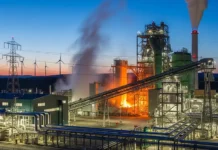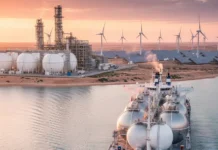The US Nuclear Regulatory Commission (NRC) will request public to give their input on a study regarding the faster removal of spent nuclear fuel from pools to dry cask storage and reduce the health and safety risk.
NRC’s draft study, which is based on previous research, examined how severe earthquakes can become potential risk for spent fuel pools to overheat and release radioactive material into the environment.
The research concluded that the possibility of such an activity can occur only in one-in-10-million-years.
The commission initiated the draft study after the March 2011 Fukushima nuclear plant accident, where the spent fuel pools survived a strong earthquake.
NRC’s study considered a spent fuel pool similar to those at Fukushima and 23 other US nuclear reactors and an earthquake several times stronger than what the pool’s design considered.
Under the study, NRC examined one full spent fuel pool and one with less fuel and more spacing between individual fuel assemblies, as well as emergency procedures for adding water to the pool in the unlikely event that the earthquake causes the pool to lose water.
NRC Nuclear Regulatory Research office director Brian Sheron said the detailed analysis showed that even a very strong earthquake has a low probability of damaging the pool studied to the point of losing water.










































